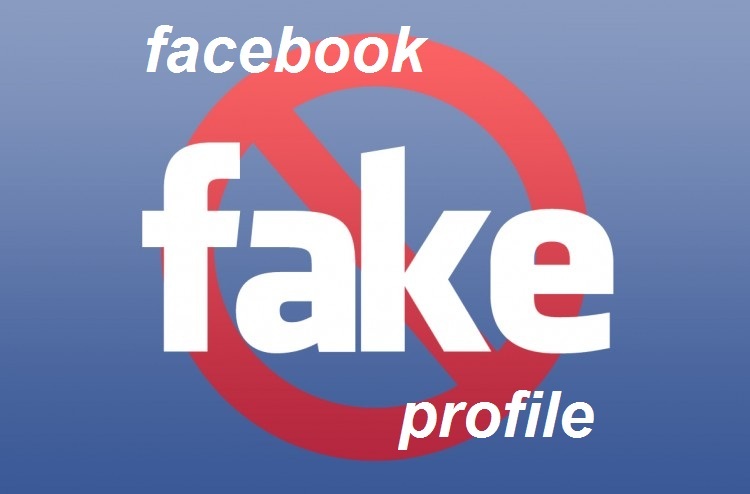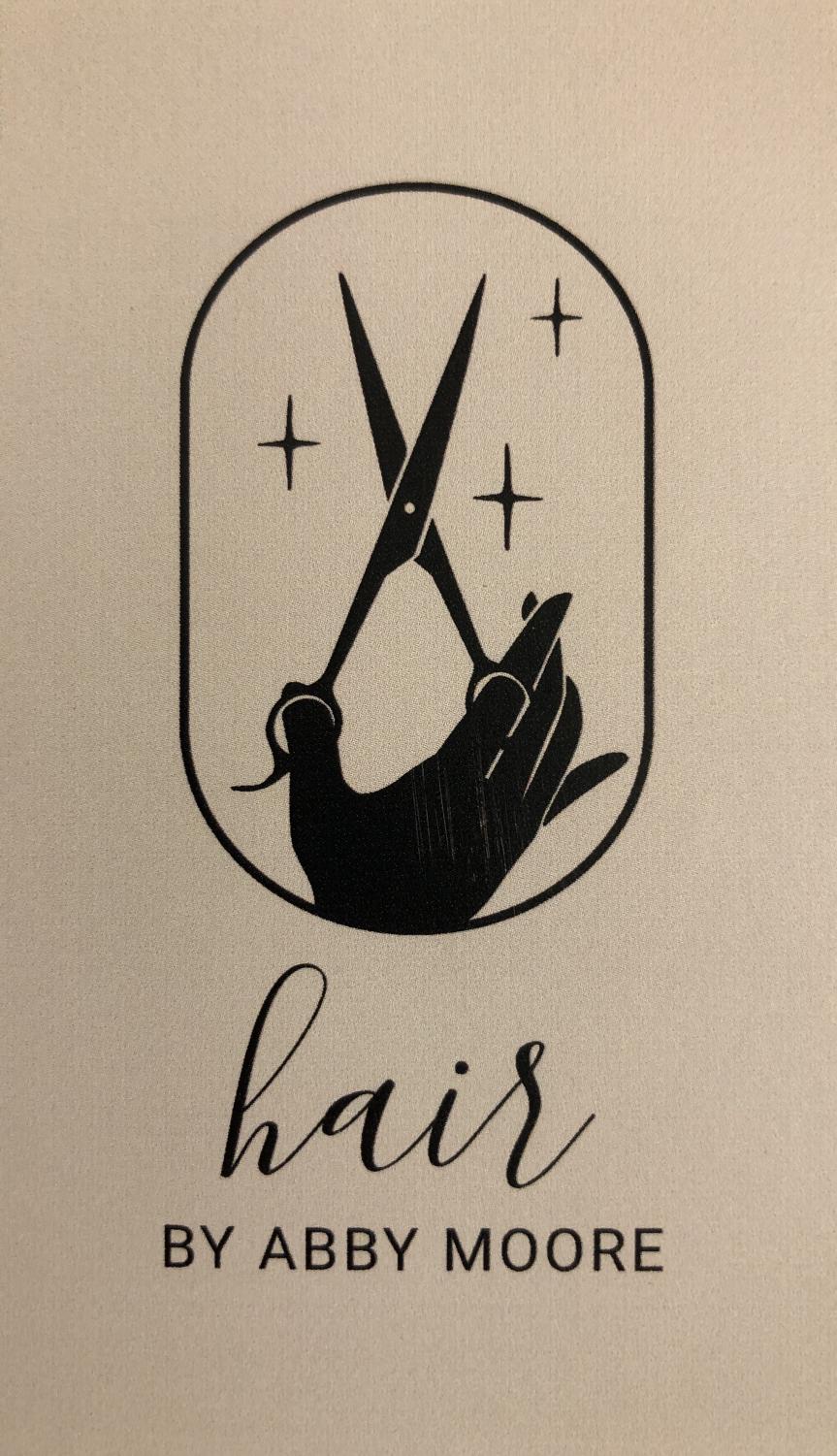Friending Russia: Are Fake Profiles in Your News Feed?
April 24, 2017
The pop culture terms ‘catfish’ and ‘troll’ are considered normal internet terms these days to describe those ever-so-lovable folks/aliens that have come across our social media feeds. The people that have been categorized into these slang names are known to create fake profiles and take over the internet with comments, photos, etc. that are typically written in a negative light. The fake profiles appear then as soon as they pop up, are deleted and gone forever, leaving behind the messy scene they built.
Most people typically believe these fake profiles truly belong to those that have nothing better to do and live in a basement for most of their lives, with little to no real interaction with reality, like that 45 year-old man who lives in South Dakota but tells Instagram he is a 23 year-old bodybuilder from Chicago. But what if these profiles did not belong to that South Dakota guy but actually to a country’s system of government?
Ever since the election season and inauguration of President Trump, there has been a drifting question in the air that has never made too much of a spark. It’s the “elephant in the room,” and it’s a pretty big elephant. If you could browse your Facebook page today and came across an article written about any sort of association with Donald Trump by any large news company, you may of course see some kind of backlash. You will also see a few supporters – some far more supportive than others.
These very argumentative comments are linked to profiles belonging to your average American citizen. The American citizen who not only has only laptop wallpapers as their profile photo but who has exactly two friends, no photos tagged with any form of identity of the profile holder and is a big fan of golf, Taco Bell, and the one and only Trump. Oh, and he has just been a member the site since November 2016.

“I think fake online profiles are not a good idea. I think it is very misleading and leads to using people,” said Hannah Walker, a previous student.
Of course, with conflict comes interest. Clicking on these fake profiles a minute or two after their comments have surfaced you may find that their profiles are no longer available to the world – in others words, deleted. A little fishy, no doubt. But otherwise, it is not out of the ordinary.
Haley Jansen, a South Ripley High School student commented, “I honestly dislike anything that is fake online. It’s like another world in the palm of your hands and very easy to manipulate. Most people think of talking online like talking to a person face to face but it’s not. There could be a time where they are not the person who you thought they were talking to but someone completely different. I believe it is wrong.”
Recent news articles have given out a few facts and opinions about these popular profiles, revealing that after some government research and programming, they have discovered the profiles were linked to computers associated with the Russian government. Over 400 profiles have been created to support certain countries and take down others. “Kim Smith” of Arkansas has never set foot in Arkansas but has been nestled in Russian control to stir readers’ and social media comments.
The fake news that these Russian profiles have created are joined together to erode trust in the U.S. government and democracy. Each profile has some form of common link and ownership. The Trump campaigns were under backlash for seeing that many news sites and stories of the President were fake, made up, and too supportive to be a public news company. The clashing between the government systems over social media and journalism have caused a large fiery internet war; one that is continuing today.
Learn more about how to spot a fake profile here.















[email protected] • Oct 30, 2017 at 12:31 pm
But, i have way more than 2 friends. And not s fake profile. Had to resort to obfuscation, as an open minded person pointed out where my kid plays ball. So, yeah.
Smithf674 • Jul 6, 2017 at 10:54 pm
Thank you for the auspicious writeup. It in fact was a amusement account it. Look advanced to far added agreeable from you! By the way, how could we communicate? bgdebfbdecdecaaf
Smithg86 • May 20, 2017 at 10:53 pm
I do consider all the ideas you’ve presented on your post. They’re really convincing and can certainly work. Still, the posts are very brief for novices. May just you please extend them a little from next time? Thanks for the post. edcddeagcfebcbge